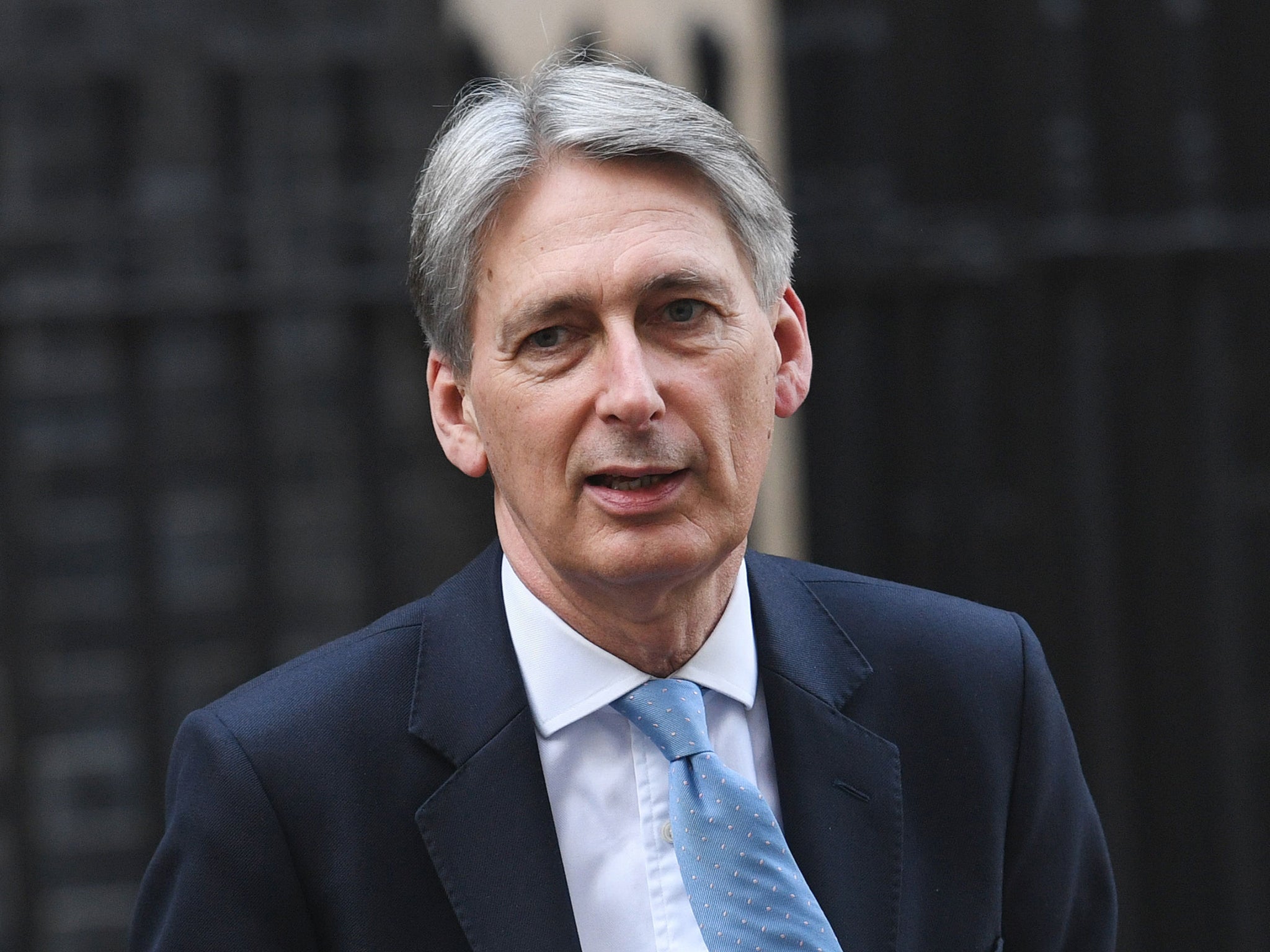Government quietly publishes public sector pay cap report exposing impact on workers
Pressure mounting on Conservatives to revise 1 per cent blanket ceiling on wage rises

Your support helps us to tell the story
From reproductive rights to climate change to Big Tech, The Independent is on the ground when the story is developing. Whether it's investigating the financials of Elon Musk's pro-Trump PAC or producing our latest documentary, 'The A Word', which shines a light on the American women fighting for reproductive rights, we know how important it is to parse out the facts from the messaging.
At such a critical moment in US history, we need reporters on the ground. Your donation allows us to keep sending journalists to speak to both sides of the story.
The Independent is trusted by Americans across the entire political spectrum. And unlike many other quality news outlets, we choose not to lock Americans out of our reporting and analysis with paywalls. We believe quality journalism should be available to everyone, paid for by those who can afford it.
Your support makes all the difference.Doctors, police officers, teachers and prison guards have seen their wages go backwards in real terms, according to a new study of public sector pay.
Teachers' real-terms hourly pay dropped 1.3 per cent a year between 2010, the beginning of austerity budgeting under George Osborne and the coalition, and 2015, researchers found.
Police officers earned 1.9 per cent less, prison officers 0.7 per cent less and doctors 4.4 per cent less every year, according to an Office of Manpower Economics study the Government quietly released on Monday.
Teachers' hourly rate dropped from £24 an hour in 2010 to £22 in 2015; midwives' from £21 to £18; police officers' from £20 to £18; and doctors' from £38 to £30.
Downing Street has said it would consider potential wage increases on a "case-by-case" basis after a string of top cabinet ministers signalled they backed an end to the blanket 1 per cent cap on all public servants.
But a Number 10 spokesman pointed out that pay rates for some professions for the current financial year have already been set at a below-inflation capped level.
The recent study looked at the wages of 10 groups that are set by pay review bodies and found they all lost out, in real terms, during the five-year period.
Earnings were calculated in constant 2015 prices and rounded to the nearest pound.
On Monday night, Chancellor Philip Hammond told business leaders that while the public was "weary" of austerity, the Government's policy of balancing "being fair to our public servants and fair to those who pay for them" had not changed.
He said: "We continually assess that balance. But we do, of course, recognise that the British people are weary after seven years' hard slog repairing the damage of the Great Recession. They have travelled a long way but still the sunlit uplands seem stubbornly to remain one further ridge away."
The Conservatives have faced pressure over public sector pay following their election slip-up, when they lost their Parliamentary majority in the face of an anti-austerity Labour manifesto.
Theresa May was criticised in the late stages of the campaign when, during a BBC Question Time special episode, she told a nurse asking about the pay cap there was "no magic money tree" for state workers.
Join our commenting forum
Join thought-provoking conversations, follow other Independent readers and see their replies
Comments